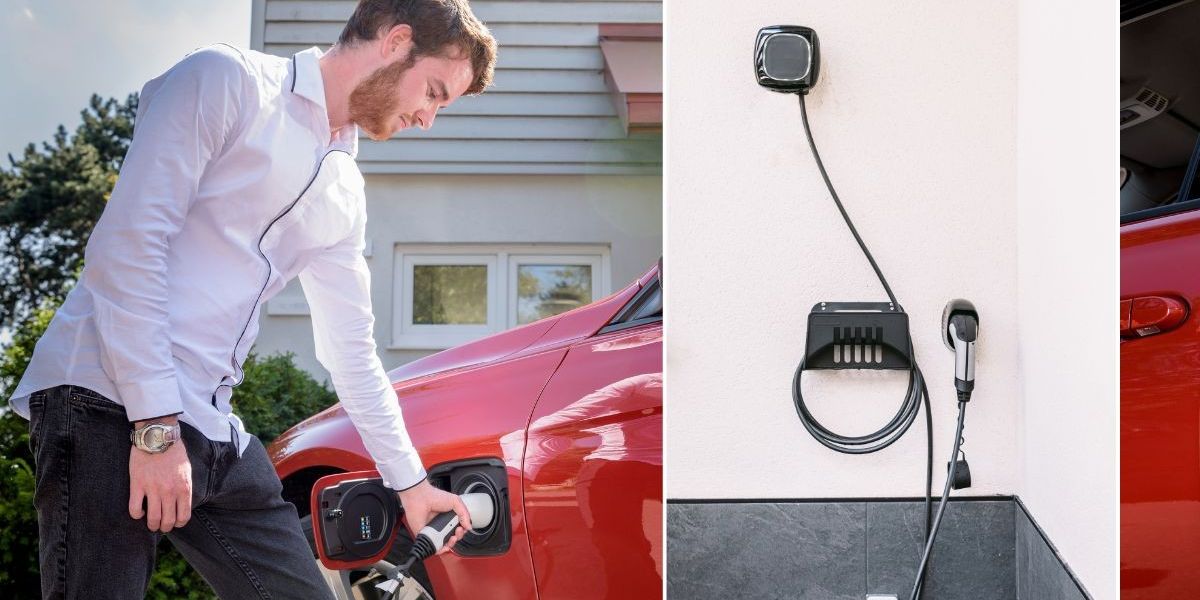Tech entrepreneur Tiago Lei started paying some attention to Hengqin when his alma mater – the University of Macau – leased a large piece of land there 15 years ago for campus expansion.
Around 12km (7.5 miles) west of Macau, the 106 sq km (41 square mile) island in the neighbouring mainland Chinese city of Zhuhai provided “more space to build new dormitories and faculties”, the 40-year-old from Macau said.
With more than three times the current land area of Macau – and almost twice that of Manhattan – it was rebranded as the Hengqin New Area in 2009 and designated in 2015 as a special zone where Macau law would be implemented and incentives offered to attract businesses. But Lei said “people, including mainland Chinese, didn’t want to live and work in Hengqin back then because it wasn’t convenient”.
That impression of poor infrastructure and living conditions changed as more ambitious plans, including the integrated development blueprint for the Greater Bay Area development zone, covering nine cities in Guangdong province – Guangzhou, Shenzhen, Zhuhai, Foshan, Zhongshan, Dongguan, Huizhou, Jiangmen and Zhaoqing – plus Hong Kong and Macau, were released in 2019.
President Xi Jinping arrived in Macau this week to celebrate the 25th anniversary of the city’s reversion to Chinese administration. During his visit he toured Hengqin and the Macau University of Science and Technology, and witnessed the inauguration of Macau’s new government.
Highlighting the “huge success” of the “one country, two systems” model and hailing its entering of a new stage, Xi said both Macau and Hong Kong should work on maintaining their long-term prosperity while placing the nation’s development interests above all and upholding national security.
Xi also stressed that the Hengqin Guangdong-Macau In-Depth Cooperation Zone should focus on diversifying Macau’s economy and developing sectors that are competitive on an international level and can become new frontiers of the city’s economic growth.

 By South China Morning Post | Created at 2024-12-20 22:13:30 | Updated at 2024-12-21 01:49:05
3 hours ago
By South China Morning Post | Created at 2024-12-20 22:13:30 | Updated at 2024-12-21 01:49:05
3 hours ago







